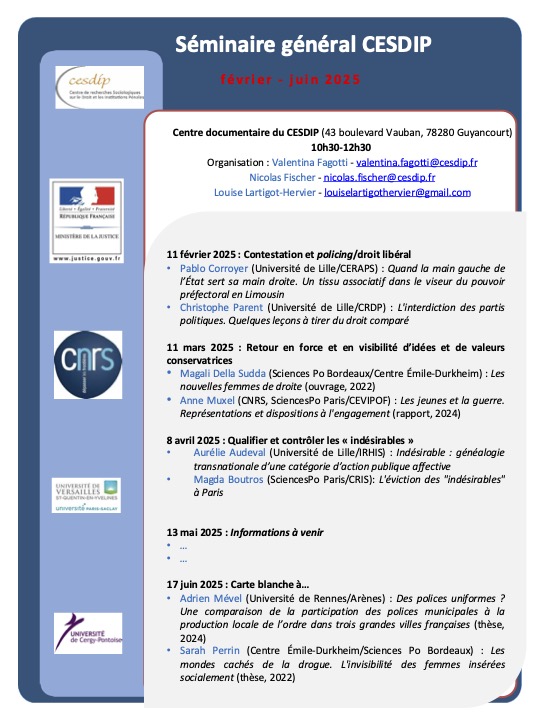Abstract
Urban security has become a pressing political issue in many European cities. This study seeks to understand why some city governments consider urban security to be a policy priority, whereas others do not. Using data from a recent survey of 2674 city mayors in 28 European countries, we test four hypotheses on factors associated with the prioritization of urban security by local politicians.
The results show that European mayors’ emphasis on urban security as a policy goal varies strongly across countries, as well as across cities within countries. Besides contextual factors related to national political culture, welfare regimes and local autonomy, we find that mayors’ preferences on security policy are most strongly associated with political ideology, that is, their self-placement on the left–right spectrum. In addition, crime trends and public opinion about crime play a role. The study demonstrates that there is no convergence of political agendas on urban security issues across European cities.




